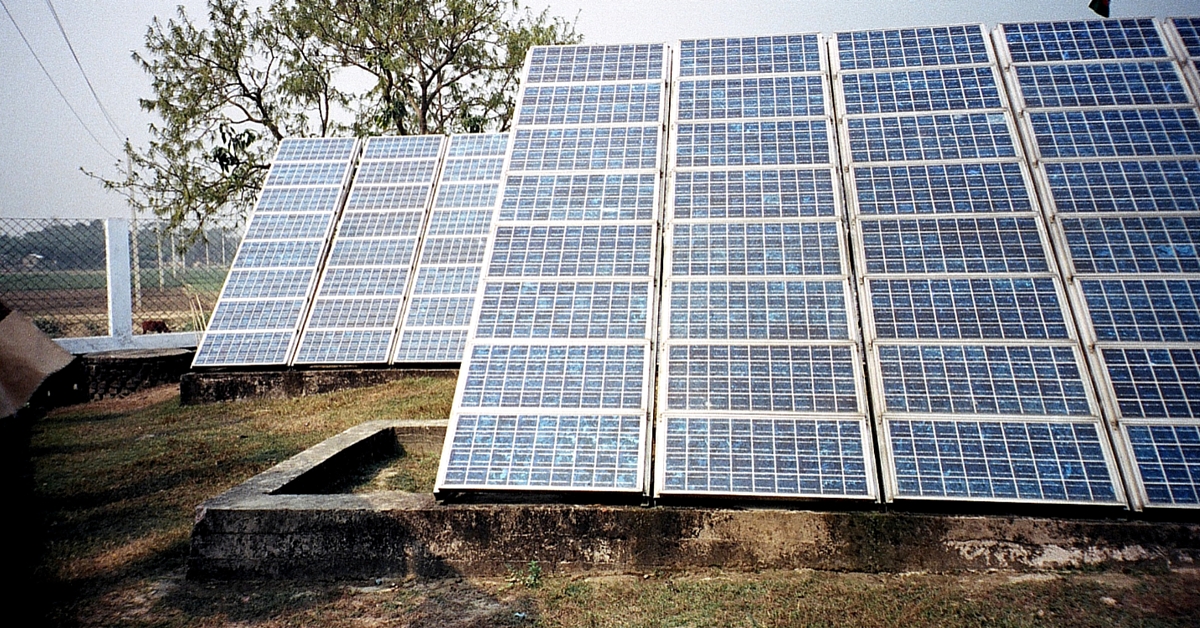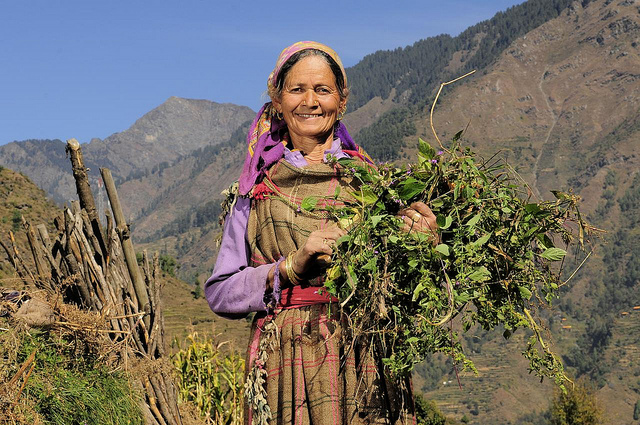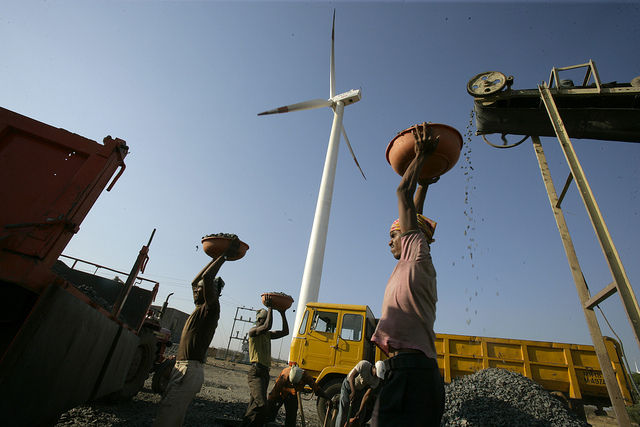Want to Push Clean Energy in India? Here’s How Your Idea Can Help Drive Policy Impact
Nonprofit organisations working to advance the clean energy sector in India need support ecosystems to create policy impact.

India is a biological diversity hotspot. An immense knowledge of the environment — be it agricultural, ecological, scientific or medicinal — is possessed by the indigenous people and communities in the country, who are the real custodians of this knowledge.
Before the Biological Diversity Act, 2002 was enacted, this traditional knowledge of biological resources was threatened by biopiracy, which is the exploitation of such resources by commercial establishments for profit.
MNCs and pharmaceutical companies exploited the indigenous communities through unfair application of patents to genetic resources and traditional knowledge, without any prior permission from them.

The Better India spoke to Professor Ashwini Chhatre of the Indian School of Business, Hyderabad, who took us through the process of how a policy action helped make the Biological Diversity Act, 2002 come into existence. He also explained why there is a need for a support ecosystem for non-profits in India in the clean energy sector.
Prof. Ashwini worked closely with Indian ecologist Madhav Gadgil between 1995 and 2001. “Madhav and colleagues were working on the People’s Biodiversity Register which came about as a need to document a response to the ongoing social debates around biopiracy. Local communities would document their knowledge systems, which would support claims of local ownership of biodiversity and traditional knowledge. This knowledge, which would now be in the public domain, could no longer be patented,” he tells TBI.
All of this, he says, was being done by working with NGOs at the local and national level, which were brought together at the Centre of Ecological Sciences by Madhav. They were provided a safe space to think about a public policy option and the steps that could be taken to intervene and make things better.
NGOs working to advance the clean energy sector in India also need support ecosystems.

This need has resulted in the creation of the Clean Energy Lab — an initiative by the Indian School of Business and Shakti Foundation. The lab is a unique incubation program that wants to support ideas with a potential for creating research and evidence-based large scale policy impact in clean energy. Prof. Ashwini is one of the mentors of the programme.
Speaking of how such a safe space can be provided to non-profits, he says, “One is access to information with security. The data you are looking for is often subject to scrutiny at multiple levels. Non-profits need a space where data can be made available to them, through institutional channels. They should not have to hide or steal it. The second is connecting peer groups. If there are 20 NGOs in different parts of the country working on the same thing as you are, there is no way to get in touch without putting time and money into it. The entire process becomes simplified when someone else does it for you,” he adds.
The Clean Energy Lab programme wants to identify and incubate five exceptional ideas to create a policy action on clean energy in India.
“The five NGOs that will be incubated through the Clean Energy Lab programme will not be each other’s peer groups. These five NGOs will be put in touch with others who are not part of the programme. And they will not have to find them; we will do that work,” he says.
Prof. Ashwini explains that a start-up in the non-profit sector has to overcome many hurdles before it is eligible for government funding. Even when they overcome that issue, they sometimes feel they are nowhere and approach donors who don’t know how to evaluate them. The Clean Energy Lab’s idea is to find individuals who have the drive and the ability to set up an organisation as part of the ecosystem. “It is a 10-year vision. We may find five good people this year and five next year. What we want is to make it easy for someone who wants to do this.”
Individuals with the drive, potential and idea to set up an NGO or the founders of an early stage NGO can apply for this program. Through this, they will get access to infrastructure, networks, organisational development services, financial support, fundraising support and dedicated mentorship.
If you want to apply, you can complete your application process here.
Like this story? Or have something to share?
Write to us: [email protected]
Connect with us on Facebook and Twitter.
NEW: Click here to get positive news on WhatsApp!
This story made me
-
97
-
121
-
89
-
167
Tell Us More
We bring stories straight from the heart of India, to inspire millions and create a wave of impact. Our positive movement is growing bigger everyday, and we would love for you to join it.
Please contribute whatever you can, every little penny helps our team in bringing you more stories that support dreams and spread hope.



















